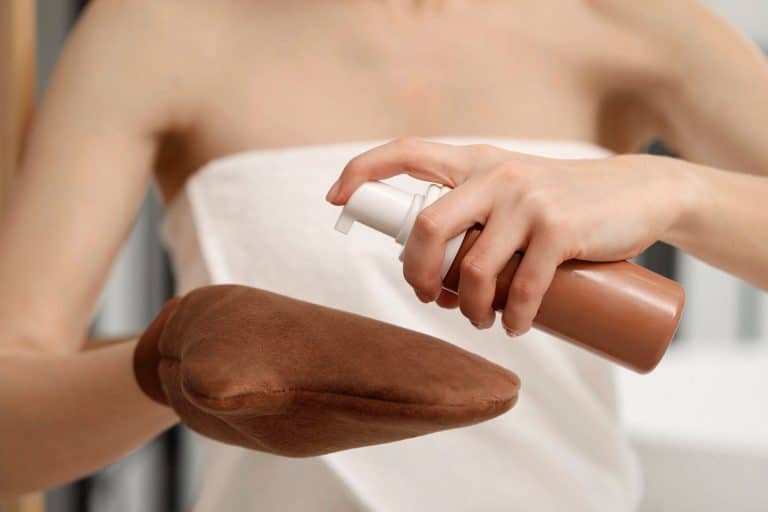A skin cancer diagnosis can be a life-altering event, not only physically but also emotionally and psychologically. Many patients experience feelings of anxiety, depression, and body image concerns, especially if their treatment involves visible scars or disfigurement. The journey through diagnosis, treatment, and recovery can be challenging, but with the right coping strategies, support systems, and cosmetic solutions, patients can regain confidence and mental well-being.
This article explores how skin cancer affects mental health, the importance of support systems, and ways to restore confidence after treatment.
How a Skin Cancer Diagnosis Affects Mental Health
1. The Emotional Toll of Diagnosis
- Receiving a skin cancer diagnosis can trigger anxiety, fear, and uncertainty. Many patients worry about:
- The severity of their cancer.
- The effectiveness of treatment.
- Potential recurrence and future risks.
Studies show that patients with melanoma and non-melanoma skin cancers experience higher rates of anxiety and depression compared to the general population.
2. Body Image and Self-Esteem Issues
- Visible scars and disfigurement (especially on the face, neck, or hands) can impact self-confidence.
- Some patients struggle with social anxiety or avoid social settings due to perceived changes in their appearance.
Even small surgical scars can trigger distress, particularly in younger patients or those in professions where appearance plays a role.
3. Fear of Cancer Recurrence
- Many patients live with ongoing fear of recurrence, especially if their diagnosis involved advanced or aggressive skin cancer.
- Health anxiety (hypochondria) may develop, leading to excessive self-checks, medical visits, and worry over minor skin changes.
Coping Strategies for Patients Undergoing Treatment
1. Seeking Psychological Support
- Counselling and therapy can help patients manage anxiety and cope with body image concerns.
- Cognitive-behavioural therapy (CBT) is effective in reducing cancer-related stress.
2. Building a Support System
- Family, friends, and patient support groups provide emotional reassurance and guidance.
- Connecting with others who have been through skin cancer treatment can be incredibly comforting.
3. Mindfulness and Relaxation Techniques
- Meditation, yoga, and breathing exercises can help reduce stress and improve emotional resilience.
- Journaling and gratitude practices can shift focus from fear to healing.
Support Groups and Resources for Skin Cancer Patients
1. Skin Cancer Support Networks
- Melanoma UK and The British Skin Foundation provide online forums, counselling, and educational resources.
- Cancer Research UK offers helplines and peer support groups for skin cancer patients.
2. Online Communities and Social Media Groups
- Many skin cancer patients find support and encouragement through Facebook groups and online forums.
- Patient-led communities allow individuals to share treatment experiences, recovery tips, and emotional support.
3. Charities and Mental Health Support Services
- Mind UK and Macmillan Cancer Support provide mental health counselling for cancer patients.
- Local hospitals and dermatology clinics may offer specialised counselling services.

The Role of Cosmetic and Reconstructive Treatments in Recovery
Many patients undergo reconstructive procedures after skin cancer surgery, especially for cancers affecting the face, nose, lips, and ears.
1. Reconstructive Surgery
- Skin grafts and flaps are commonly used to restore appearance and function.
- Scar revision techniques can improve the look of post-surgical scars.
Patients should consult a dermatologist or plastic surgeon to explore reconstructive options.
2. Non-Surgical Cosmetic Treatments
- Laser therapy can reduce redness and improve scar texture.
- Microneedling, botulinum toxin injections and PRP injections can smooth scars over time.
- Camouflage makeup (medical-grade concealers) can help patients cover scars.
Tips for Regaining Confidence After Skin Cancer Treatment
1. Embrace Self-Care and Skincare
- Use SPF 50+ sunscreen daily to protect healing skin and prevent further damage.
- Moisturise scars with Vitamin E, aloe vera, or silicone gels for better healing.
2. Focus on Overall Health
- Exercise regularly to boost mood and energy levels.
- Eat a balanced diet rich in antioxidants to support skin health and recovery.
3. Consider Professional Counselling
- Body image therapy and confidence coaching can be beneficial for patients struggling with post-treatment appearance changes.
- Cognitive-behavioural therapy (CBT) can help address anxiety and self-esteem issues.
4. Celebrate Your Strength and Resilience
- Surviving skin cancer is a powerful achievement—focus on what your body has overcome.
- Share your journey with others to inspire and educate.
Final Thoughts: Healing Beyond the Skin
A skin cancer diagnosis impacts both physical and mental well-being. By seeking support, embracing self-care, and exploring cosmetic or reconstructive options, patients can rebuild confidence and emotional strength.
Key Takeaways:
- Emotional distress is common after a skin cancer diagnosis, but support is available.
- Therapy, support groups, and online communities can help patients navigate recovery.
- Reconstructive and cosmetic treatments can improve scars and self-confidence.
- Confidence comes from within—focusing on self-care and resilience can aid emotional recovery.
📢 If you or a loved one has been affected by skin cancer, reach out to a support network or mental health professional today. You are not alone!






